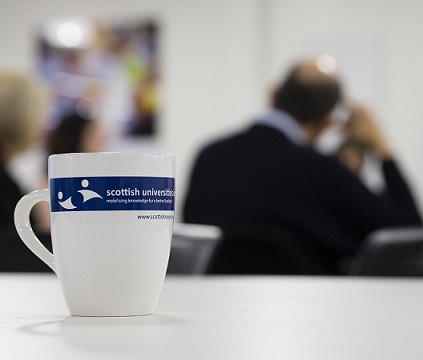Water Management: Gatekeepers of Participation

This project is born out of challenges that result from multiple competing interests and dependencies on finite water resources, raising important questions over problem-resolution and the organisations that mediate discourse. We are particularly interested in the growing complexities that result from a collision between competing understandings of water management.
The ability and willingness of governments to shape the environment, ensure protection, and maintain control of water is no longer socially, economically, or environmentally sustainable; at the same time, the public retains expectations of complete protection from flooding, from pathogens, and from varying supply, all-the-while limiting expenditures, advocating environmentalism, and resisting behavioural adjustments. It is within this context that modern water management is situated, and into these conflicts that, increasingly, non-governmental organisations (NGOs) are being asked to mediate and facilitate decision making.
This programme assembles representatives from four NGOs operating in temperate developed world regions, drawing together executives, programme managers, and implementation officers from Scotland (Tweed and Dee), Canada (Fraser) and New Zealand (Motueka). These organisations are each founded on participation and knowledge exchange. Building on this expertise, the programme will produce a better understanding of participatory management, an immediate policy brief for government, and academic publications detailing the challenges and opportunities for participatory water management. In addition, representatives from Scottish and English government will participate, collectively producing a group with extensive expertise, diverse experience, pressing real-world challenges, and decision making power. The group will not only explore questions of participatory management, but also reflexively consider the wider roles, responsibilities, and opportunities that link NGOs and environmental governance.
Modern environmental challenges are a product of growing diversity and competing interests. How these challenges and actors are mediated and reconciled is of critical importance. NGOs represent a principle component of this network and this programme will provide a basis for collaboration, refinement, and innovation.